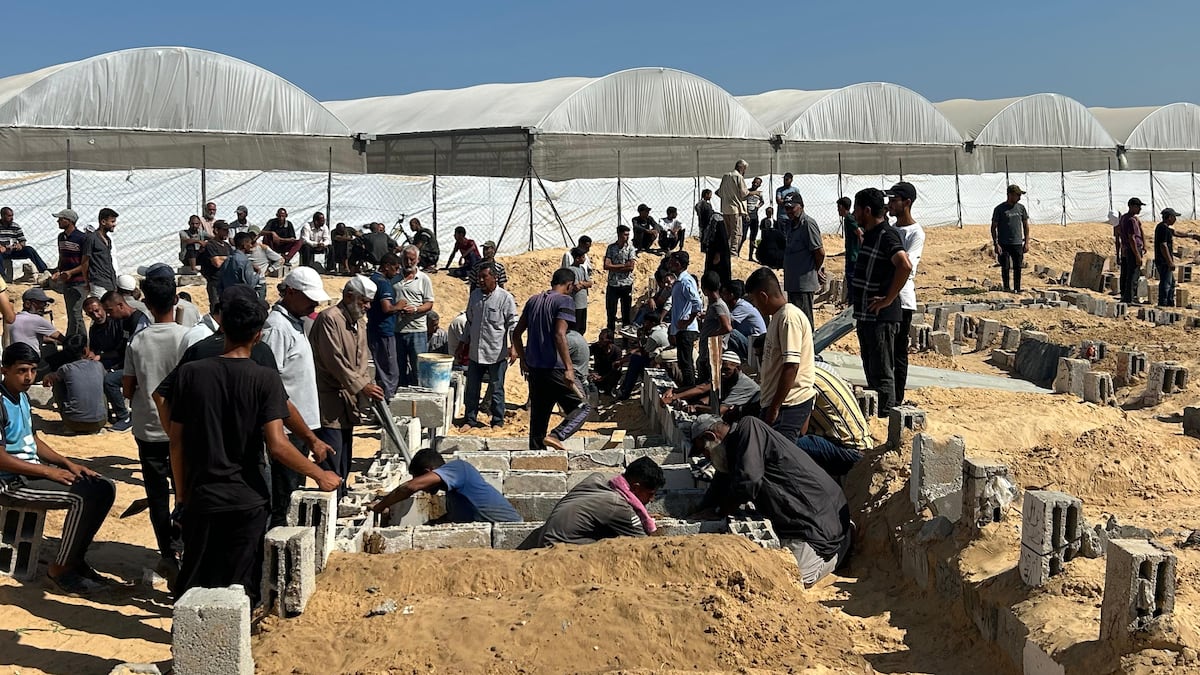A selection of the best stories and features of EL PAÍS
͏ ͏ ͏ ͏ ͏ ͏ ͏ ͏ ͏ ͏ ͏ ͏ ͏ ͏ ͏ ͏ ͏ ͏ ͏ ͏ ͏ ͏ ͏ ͏ ͏ ͏ ͏ ͏ ͏ ͏ ͏ ͏ ͏ ͏ ͏ ͏ ͏ ͏ ͏ ͏ ͏ ͏ ͏ ͏ ͏ ͏ ͏ ͏ ͏ ͏ ͏ ͏ ͏ ͏ ͏ ͏ ͏ ͏ ͏ ͏ ͏ ͏ ͏ ͏ ͏ ͏ ͏ ͏ ͏ ͏ ͏ ͏ ͏ ͏ ͏ ͏ ͏ ͏ ͏ ͏ ͏ ͏ ͏ ͏ ͏ ͏ ͏ ͏ ͏ ͏ ͏ ͏ ͏ ͏ ͏ ͏ ͏ ͏ ͏ ͏ ͏ ͏ ͏ ͏ ͏ ͏ ͏ ͏ ͏ ͏ ͏ ͏ ͏ ͏ ͏ ͏ ͏ ͏ ͏ ͏ ͏ ͏ ͏ ͏ ͏
|
|
|
|
|
Dear readers,
This week, all eyes were on Texas, where devastating floods killed at least 120 people, including dozens of children. The tragedy has raised questions about how a disaster of this magnitude could have occurred, and whether climate change played a role.
Meanwhile, in Gaza, Israeli bombing and military occupation have made it impossible for Gazans to bury their loved ones alongside deceased family members. Some families have been attacked while trying to access cemeteries; others have fled at the last moment with the body, forced to find a new resting place.
We also spoke to Nobel laureate Charles Rice about why life-saving medicines remain out of reach for many, and to tech journalist Katie Drummond about how the very technologies designed to connect us are amplifying the threats to democracy.
We hope you enjoy this selection of stories from EL PAÍS USA Edition.
|
|
|
|
|
|
|
|
|
|
|
|
|
|
|
|
|
 |
 |
|
In Gaza, even the dead are being displaced
|
|
Israeli bombing and the military occupation of the Strip prevent the burial of the deceased in traditional cemeteries, despite the trauma this causes for their families
|
|
|
|
|
|
|
|
|
|
|
|
|
|